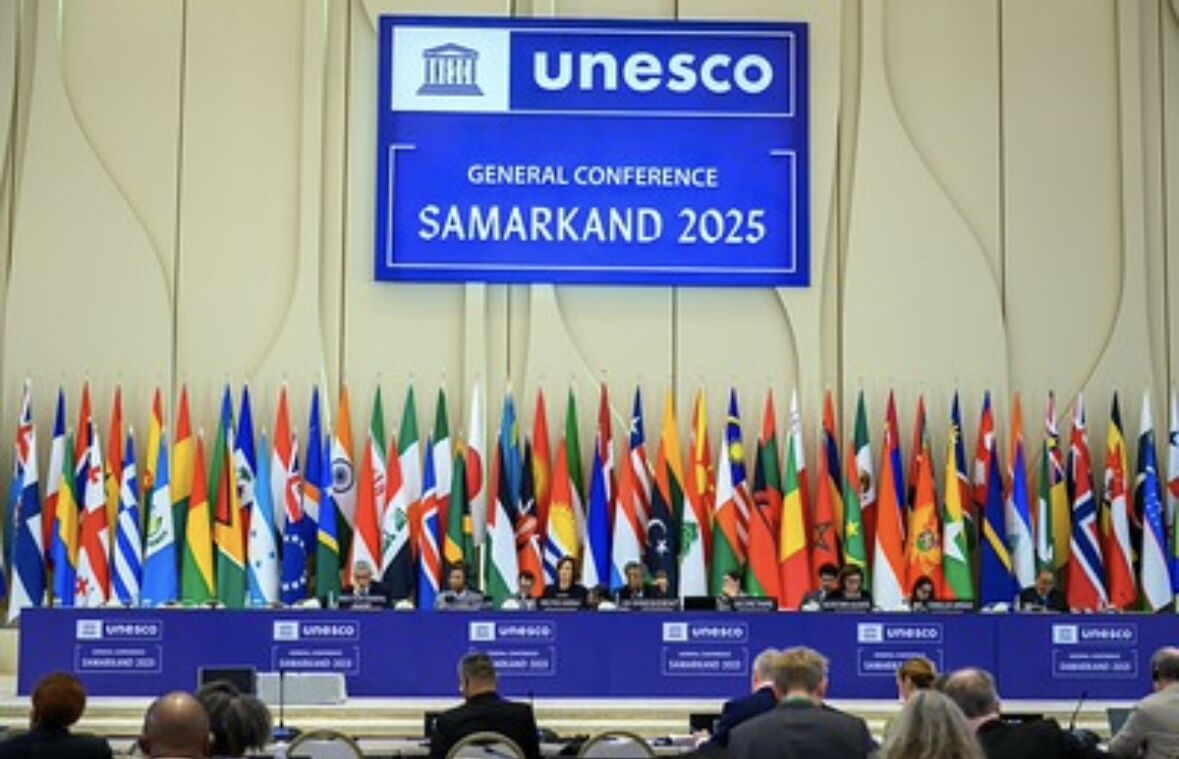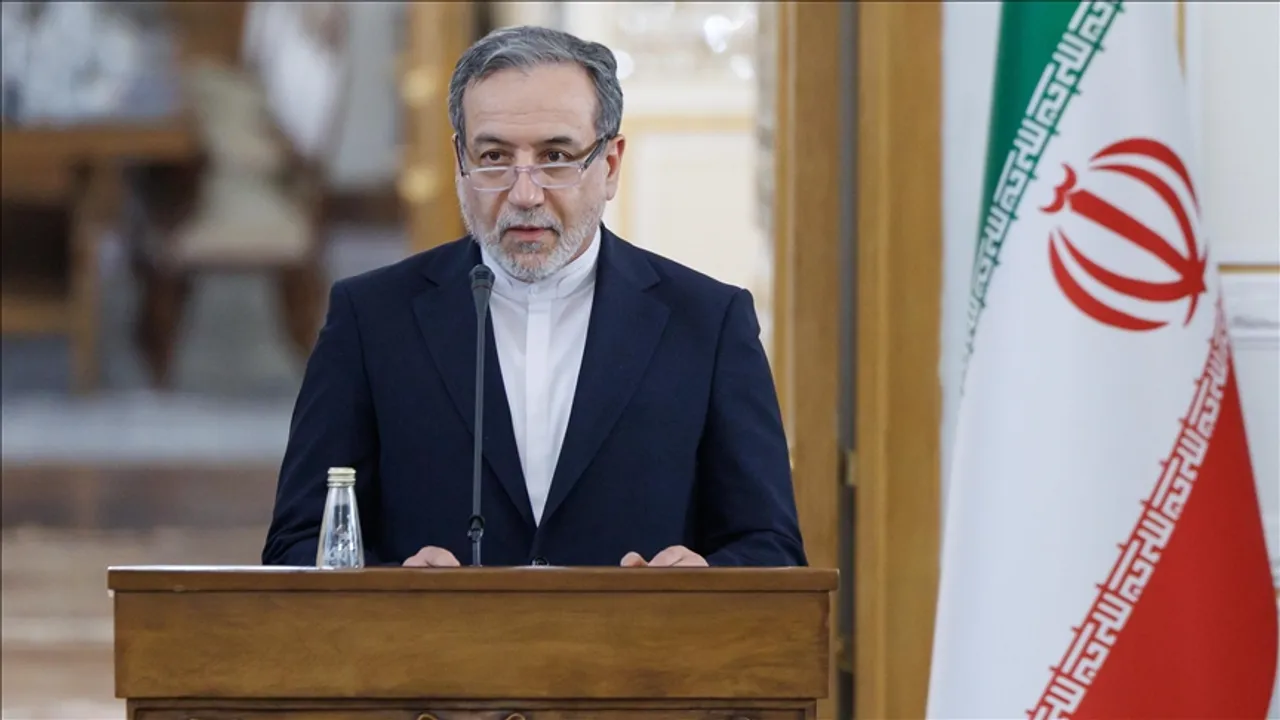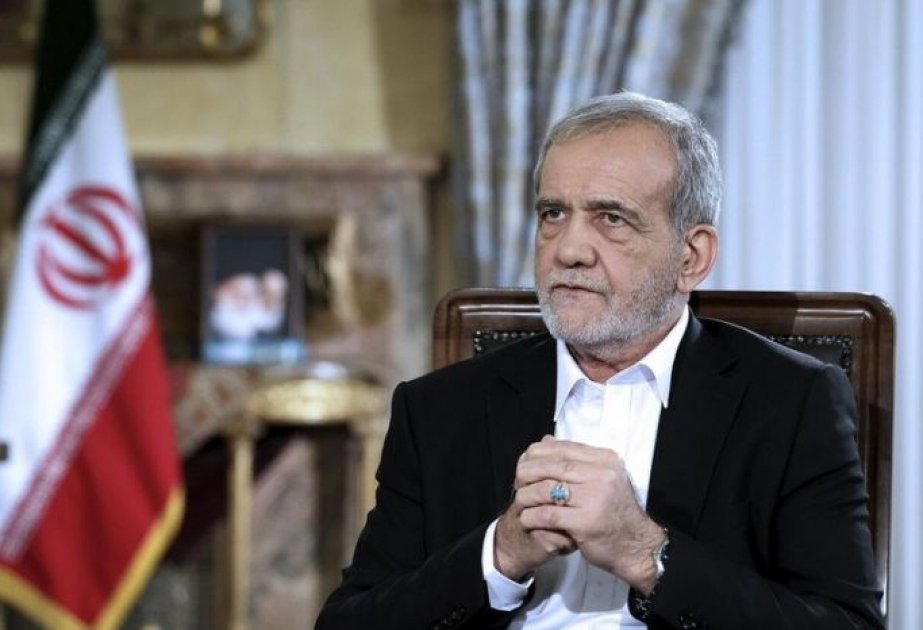Tehran, November 02, 2025 – The Europe Today: The United Nations Educational, Scientific, and Cultural Organization (UNESCO) has added two distinguished Iranian figures of mysticism and philosophy to its official list of anniversaries, events, and personalities with which it will be associated during the 2026–2027 biennium.
The decision was made on Saturday evening during the 43rd session of UNESCO’s General Conference, being held in Samarkand, Uzbekistan, from October 30 to November 13. The General Conference, UNESCO’s principal governing body, gathers representatives of 194 member states to shape the organization’s vision and policy priorities.
Iran’s Minister of Science, Hossein Simaie — who also heads the UNESCO National Iranian Commission — is leading the Iranian delegation to the conference, accompanied by the Commission’s Director General, Hassan Fartousi.
Delegates approved the commemoration of the 100th year of active life of Iranian scholar and philosopher Allameh Muhammad Hossein Tabatabai, and the 1,150th passing anniversary of the Sufi master Bayazid Bastami, as part of UNESCO’s list of anniversaries for 2026–2027.
Both nominations were among numerous proposals submitted by member states. The anniversaries will be marked through cultural and scientific programs at both national and international levels.
According to a UNESCO press release, the proposal to commemorate Allameh Tabatabai’s 100th active year was submitted by Iran with the support of Azerbaijan, Iraq, and Pakistan, while the proposal honoring Bayazid Bastami’s 1,150th passing anniversary received backing from Armenia, Tajikistan, and Turkey.
Allameh Tabatabai (1903–1981) was an eminent Iranian scholar, philosopher, and theologian, renowned for his seminal work Tafsir al-Mizan, a comprehensive twenty-seven-volume exegesis of the Holy Quran. His intellectual contributions profoundly influenced modern Shia thought and Islamic philosophy.
Bayazid Bastami (804–874 CE), one of the earliest and most revered mystics of the Sufi tradition, lived during the Abbasid era. His teachings and spiritual legacy continue to shape Islamic mysticism and Persian spiritual literature.
The inclusion of these two figures underscores UNESCO’s ongoing commitment to recognizing and celebrating individuals whose contributions have enriched the cultural and intellectual heritage of humanity.














